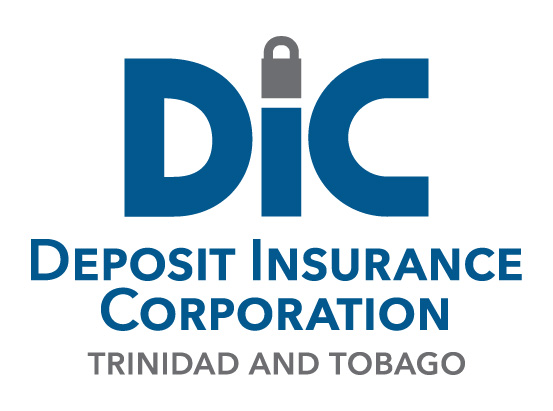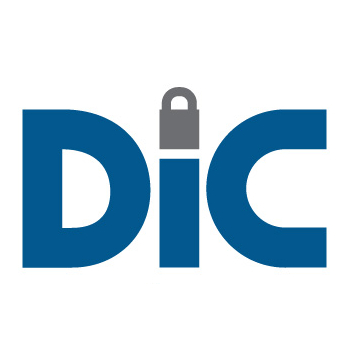In its simplest form, ‘liquidation’ refers to winding up a company by selling off its assets and converting them into cash to pay the company’s secured and unsecured creditors in proportion to the company’s confirmed indebtedness to each creditor.
Frequently Asked Questions
Did You Know?
- Misconception: The Deposit Insurance Corporation (DIC) is empowered to close a member institution. - Fact: A member institution licensed under the Financial Institutions Act, 2008 can only be “closed by or with the approval of The Central Bank of Trinidad and Tobago as a result of financial difficulties.”




